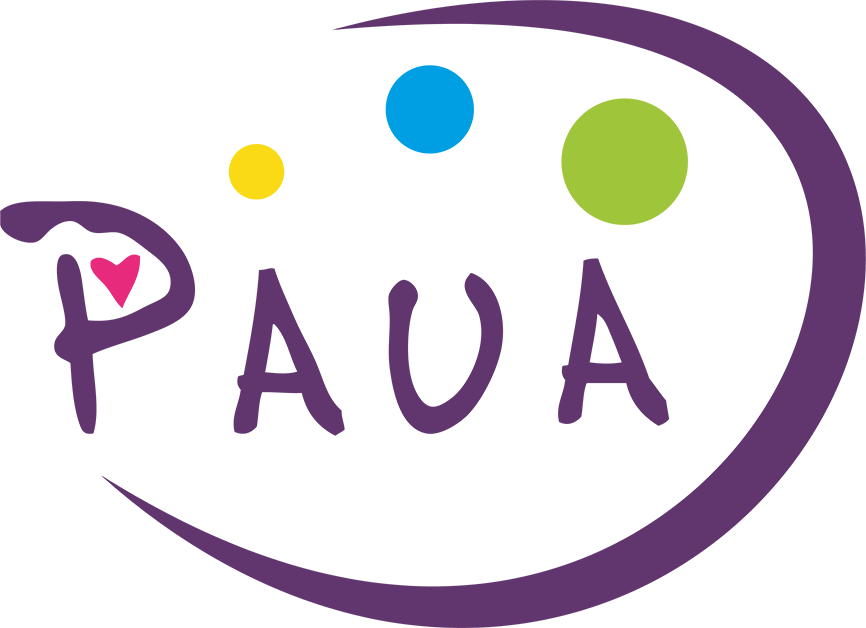Welcome to PAUA 0800 728277
- PAUA Homebased Childcare
- PAUA Poppetts
- PAUA Products
- About PAUA
- PAUA Homebased Childcare +
- PAUA Poppetts +
- PAUA Products +
- About PAUA +
- Contact Us
- Apply Now
- Shop Now
- Sign in
- 0800-728277
Welcome to PAUA 0800 728277

Maria Montessori said “Play is the work of the child”.
I think that often we under-estimate the value of what children are doing while they are playing. I worry about the decline of children’s play – or more their ability to use their imagination in play. Increasingly technology seems to be the ‘answer’ to play, rather than getting outside and exploring. Also many of the toys that are available for children have EVERYTHING provided and leave little to the imagination. For example, using a box to create a cash register for a shop which later on turned upside down to be come a bed, and later on gets cut up to become a puppet theatre.
So I found it interesting today when this article popped into my Facebook feed from the founder of TimberNook, a nature-based development program designed to foster creativity and independent play outdoors in New England, USA. The post is called “The decline of play in preschoolers – and the rise in sensory issues”.
It’s an article from Washington Post where pediatric occupational therapist Angela Hanscom, author of a number of popular posts, including “Why so many kids can’t sit still in school today,” as well as “The right — and surprisingly wrong — ways to get kids to sit still in class” and “How schools ruined recess.”
If you have the time, I’d encourage you to read the entire article, but for me, the keys from it would be:
“As parents and teachers strive to provide increasingly organized learning experiences for children, the opportunities for free play – especially outdoors is becoming less of a priority. Ironically, it is through active free play outdoors where children start to build many of the foundational life skills they need in order to be successful for years to come.”
In fact, it is before the age of 7 years — ages traditionally known as “pre-academic” — when children desperately need to have a multitude of whole-body sensory experiences on a daily basis in order to develop strong bodies and minds. This is best done outside where the senses are fully ignited and young bodies are challenged by the uneven and unpredictable, ever-changing terrain.
Preschool years are not only optimal for children to learn through play, but also a critical developmental period. If children are not given enough natural movement and play experiences, they start their academic careers with a disadvantage. They are more likely to be clumsy, have difficulty paying attention, trouble controlling their emotions, utilize poor problem-solving methods, and demonstrate difficulties with social interactions. We are consistently seeing sensory, motor, and cognitive issues pop up more and more in later childhood, partly because of inadequate opportunities to move and play at an early age.
An article like that certainly makes me think – That’s one of the reasons you will find lots of traditional toys in the PAUA shop, especially toys that will encourage imagination.
© 2026 PAUA.
Welcome to

Ngā tamariki o tātou mo āpōpō
Children are our treasures for tomorrow
The PAUA group covers all aspects of Homebased Pre-schooler care, from homebased care, nannies and Auckland based babysitting to a fully stocked online toy store and professional print and design business.
